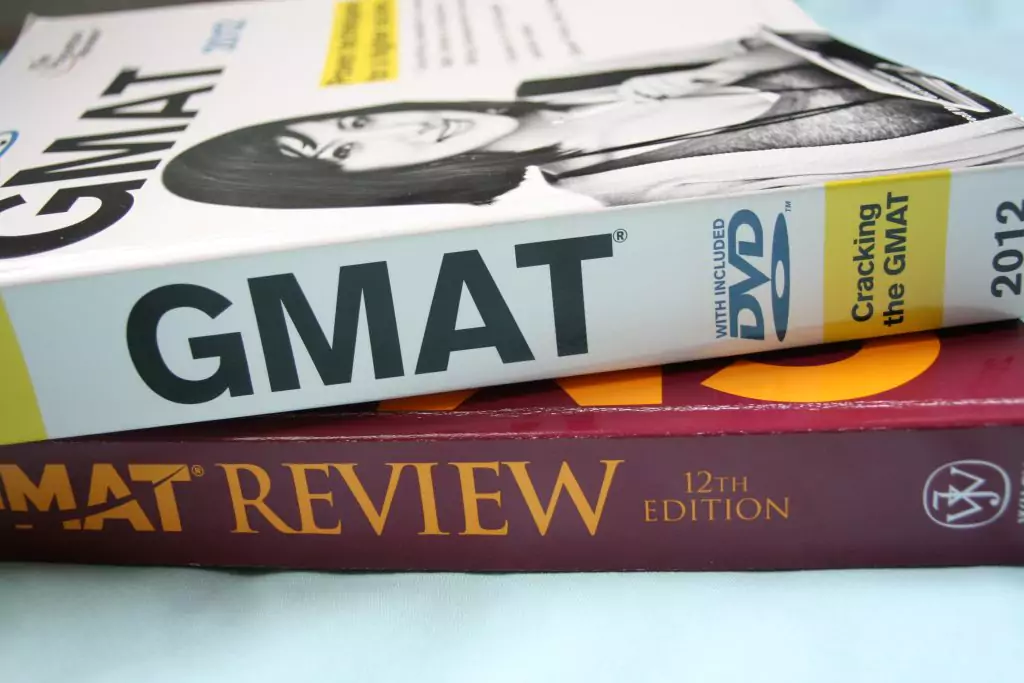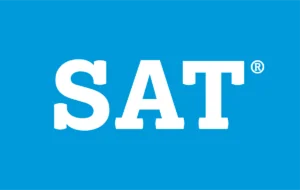Confronting a considerable downturn in standardized test taking, the Graduate Management Admission Council (GMAC) is set to reduce the GMAT exam duration by close to an hour, discarding the essay component and converting all questions to multiple choice. This significant transformation represents the largest modification to the GMAT since its transition to a computer-based format in June 1997.

✅ AI Essay Writer ✅ AI Detector ✅ Plagchecker ✅ Paraphraser
✅ Summarizer ✅ Citation Generator

Key takeways:
- In response to declining test-taking volumes and competition from the GRE, GMAC is introducing the GMAT Focus Edition, which will be nearly an hour shorter, eliminate the essay requirement, and feature multiple-choice questions only.
- The updated GMAT could potentially attract more prospective students to apply for business schools by offering a more applicant-friendly and streamlined exam experience, with the new test also providing more detailed performance insights through an improved official score report.
- The correlation between GMAT test volume and MBA application volume has weakened, as more business schools accept GRE scores, go test-optional, or accept a wider variety of standardized tests, making it crucial for GMAC to adapt its exam to remain competitive in the graduate management education market.
Termed the GMAT Focus Edition, the revamped version comprises three 45-minute sections, which can be tackled in any desired sequence. Furthermore, GMAC plans to permit test takers to earmark and alter up to three responses per section, thereby enhancing their test-taking approach. Following the receipt of their scores at test centers or online, students can select programs. Each official score report will display only a single exam score, leaving it to test takers to decide if they want to disclose previous scores to institutions.
Presently, the GMAT encompasses four sections and lasts for three hours and seven minutes, not including optional eight-minute breaks. The revised exam will span two hours and 25 minutes without breaks, retaining only the quantitative reasoning, verbal reasoning, and integrated reasoning sections.
The GMAT Focus Edition is slated for launch later this year, while the existing version will remain accessible until early next year. Industry insiders anticipate that the abbreviated test could prompt a higher number of prospective students to apply to business schools.
The GMAT’s market share has suffered due to the rising prominence of the GRE, an alternative exam that has gained traction among applicants. These exam alterations emerge at a time when GMAT test-taking volumes have reached historic lows and GMAC revenues are dwindling. The GMAT’s restructuring seeks to better compete with the GRE and reverse the downward trend in test-taking volumes. During the testing year 2021, GMAT tests taken in the U.S. dipped to an all-time low of 38,509, marking a 47.7% decline from the pre-pandemic testing year of 2018, when 73,556 exams were conducted in the U.S.
Admissions consultants like David White, founding partner of Menlo Coaching, suggest that a more applicant-oriented test might draw additional students to apply to business schools. White stated, “By offering a more applicant-friendly exam, GMAC could potentially help MBA programs increase the number of applicants, enticing those who were hesitant about dedicating time to GMAT study to apply with the new exam format.”
GMAC’s restructured exam will also deliver more comprehensive performance insights via an enhanced official score report. Although GMAT test volume was once a leading indicator of MBA application volume, this correlation has been disrupted, partly due to the GRE’s growing influence. For numerous business schools, GRE test takers now account for over a third of the incoming class, while other schools have opted for test-optional policies or accept a broader range of standardized tests.
The GMAT and GRE are not fully benefiting from the rapid expansion of the graduate management education sector’s fastest-growing segment—online business degree programs. Most of these programs do not mandate a GMAT or GRE for admission, with some expressing concerns that the tests perpetuate racial disparity and inequality.
With the introduction of the GMAT Focus Edition, GMAC aspires to reclaim market share and attract more prospective students to business schools by delivering a more streamlined and user-friendly exam experience.
- Best assignment writing service: Our top 10 – Reserve Version
- Best assignment service: Our top 10
- Ground News Review 2025
- Media Bias Fact Check Review 2025
- PolitiFact Review 2025
Follow us on Reddit for more insights and updates.





Comments (0)
Welcome to A*Help comments!
We’re all about debate and discussion at A*Help.
We value the diverse opinions of users, so you may find points of view that you don’t agree with. And that’s cool. However, there are certain things we’re not OK with: attempts to manipulate our data in any way, for example, or the posting of discriminative, offensive, hateful, or disparaging material.